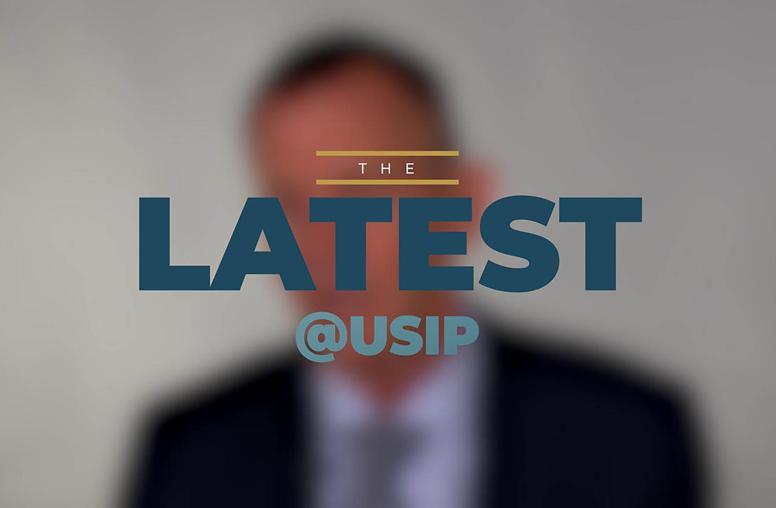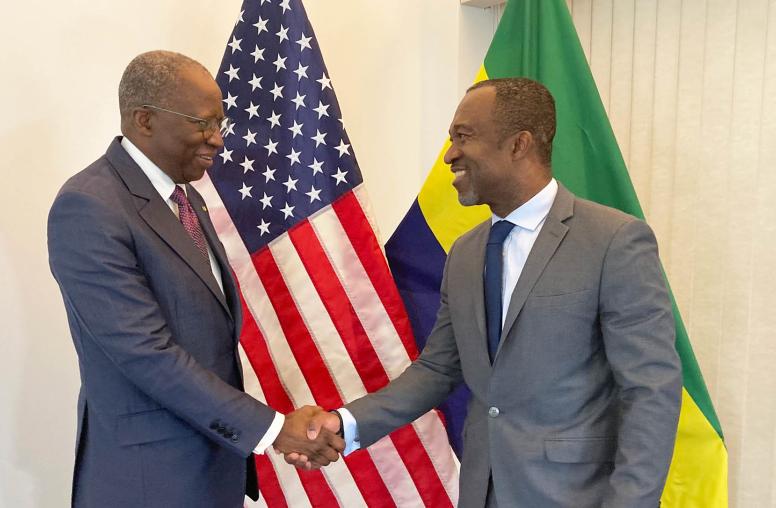While the COVID pandemic and war in Ukraine have caused economic shocks throughout Africa, the dire socioeconomic conditions in parts of the continent are also a product of how global, multilateral finance institutions are organized. African countries rarely have access to the development funds they need — and when they do, it’s often on stringent terms. Meanwhile, the continent’s socioeconomic struggles continue to exacerbate political and security crises as well. Solomon Dersso, founding director of Amani Africa, discusses the 2023 African Union Summit’s renewed focus on reforming development and trade and the importance of framing U.S.-Africa ties as a partnership built on mutual interests rather than a means to counter China or Russia.



